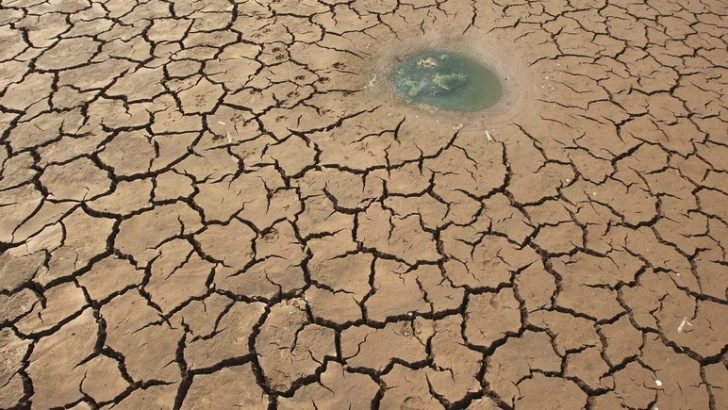On February 10 the Kenyan government at last responded to the imploring of the nation’s Catholic bishops and declared the ongoing drought in the country a national disaster.
Following a morning briefing that day from officials on the now dire situation in 23 of Kenya’s 47 counties President Uhuru Kenyatta issued the declaration and called for local and international partners to immediately beef up schemes aimed at drought alleviation.
For many in the country, it was a case of ‘better late than never’.
Failure
As far back as November, the local arm of the Red Cross was working to assist a steadily growing number of people, mainly farmers and their families, falling prey to the creeping drought.
From the organisation’s own report of February 7: “The drought situation in Kenya follows poor performance of the 2016 long rains (March-April-May) and failure of the 2016 short rains (October-November-December) rendering 1.3 million people food insecure as of December 2016. The situation has since escalated, in January 2017 more than two million people were facing starvation and as of February 2017, the figure has spiralled to 2.7 million people.”
At least one member of the Kenyan Parliament had urged a disaster declaration last October amid reports that more and more people were giving up on trying to grow food or keep herds alive and were instead turning to local churches in desperate appeals for food.
The steady deterioration of this emergency supply chain under pressure of numbers to a reality in which, today, families in affected regions are boiling leaves and chewing tree bark in the desperate hope of sustenance, led the Catholic bishops to make their direct appeal to the government on February 8.
“Even though the Kenyan Government, Kenya Red Cross and other philanthropic groups have made varied interventions, these remains inadequate because the number of families affected is huge. We are in a state of hunger, a looming disaster,” warned Bishop Philip Anyolo of Homa Bay and chair of the Kenya Conference of Catholic Bishops.
That looming disaster has now being accelerated by herdsmen taking the unprecedented step of pushing their struggling herds onto lands conserved for Kenya’s important tourist industry.
With the countryside drying up about them, the cattlemen have come in such numbers that in at least one case, a specialist guard unit became overwhelmed and pulled out for its own safety, leaving properties vulnerable to looters, and the tourism sector nervous.
Respite
Kenya’s badly-needed long rains are still a month away, if they do not fail for a second year. However, even if they arrive to offer respite, the Red Cross has warned that they may not be of sufficient measure to reverse the damage already done by the protracted arid period, not to mention the long overdue response.


 Paul Keenan
Paul Keenan
